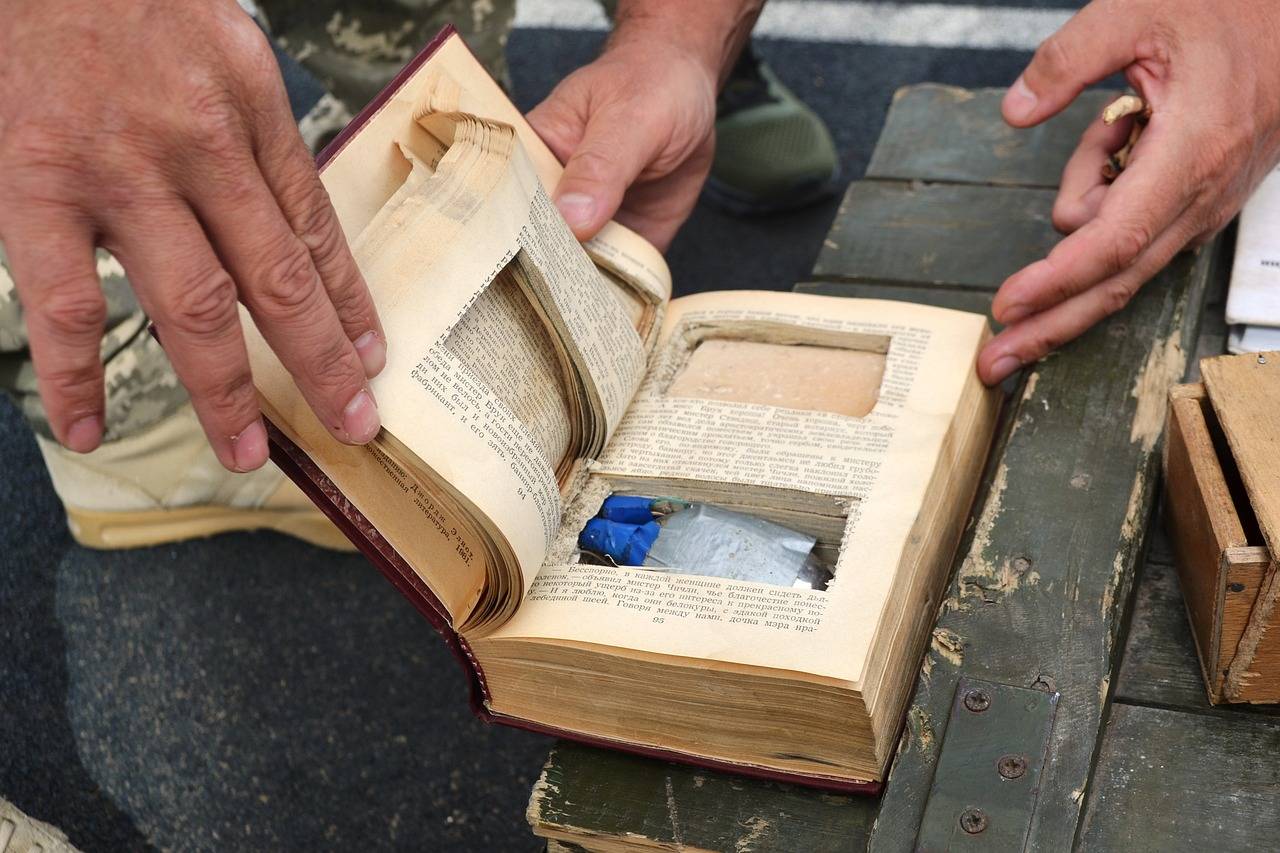Leveraging Community Resources for Enriched Learning Experiences
Community involvement plays a crucial role in enriching the educational experience of students. By engaging with the local community, schools can provide students with real-world learning opportunities that complement their classroom education. This exposure to various community resources helps students develop a deeper understanding of the world around them and fosters a sense of belonging and connection to their surroundings.
Furthermore, community involvement in education can lead to increased student motivation and engagement. When students see the relevance of their learning to the world outside the classroom, they are more likely to be interested and invested in their studies. This connection to the community also promotes a sense of responsibility and civic duty among students, encouraging them to become active and engaged members of society.
Identifying Available Community Resources for Educational Purposes
When looking to enhance educational experiences, it is crucial for schools to tap into the resources available within the local community. Whether it is libraries, museums, parks, or local businesses, these resources offer valuable learning opportunities that can supplement traditional classroom teaching. By identifying and utilizing these resources effectively, educators can provide students with hands-on experiences and real-world applications of their learning.
School administrators and teachers play a key role in identifying available community resources for educational purposes. They can establish partnerships with local organizations, invite guest speakers to share their expertise, or organize field trips to relevant sites. By leveraging the wealth of resources within the community, schools can enrich the learning experience for students and make education more engaging and impactful.
Collaborating with Local Organizations for Enhanced Learning Opportunities
Collaborating with local organizations can significantly enrich learning experiences for students. By partnering with community groups, schools can provide hands-on opportunities that connect classroom learning to real-world applications. This collaboration allows students to engage with professionals in various fields, gaining valuable insights and practical skills that go beyond textbook knowledge.
Furthermore, working with local organizations can help schools access a wide array of resources that may not be readily available within the school setting. From guest speakers and field trips to internships and mentorship programs, these partnerships offer a diverse range of learning opportunities that cater to different interests and learning styles. By leveraging the expertise and resources of community organizations, schools can offer students a more holistic education that prepares them for success in an ever-evolving world.





